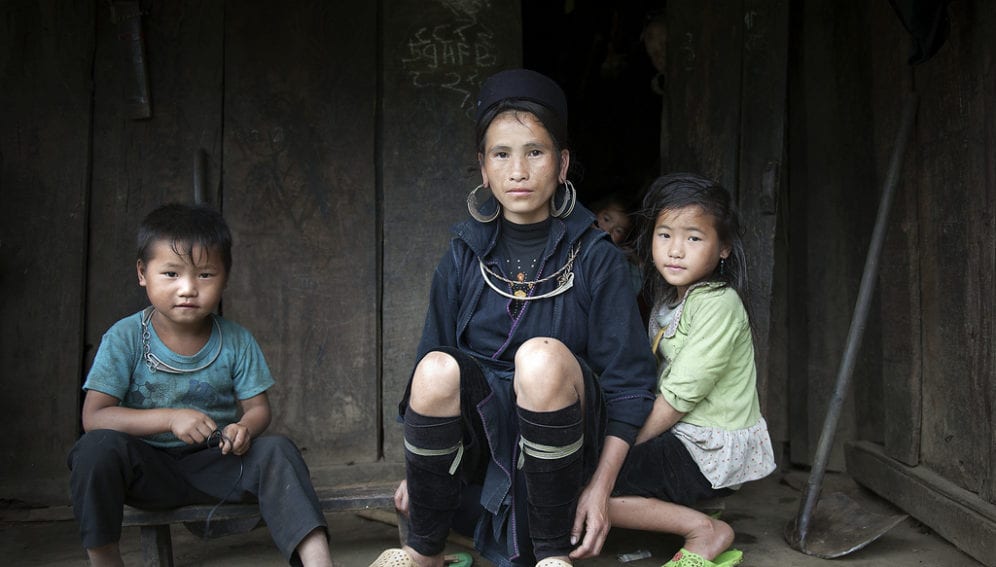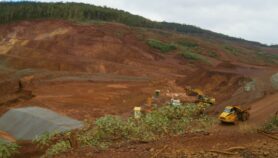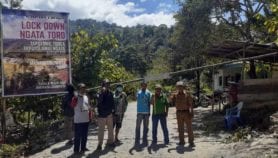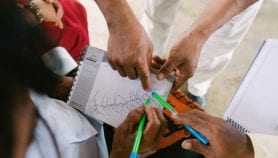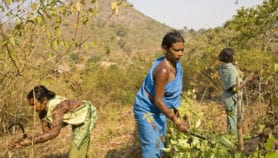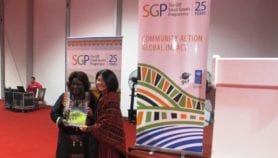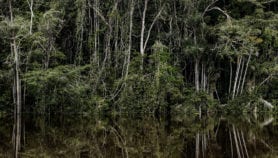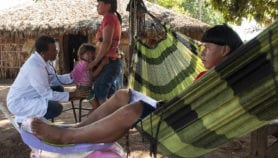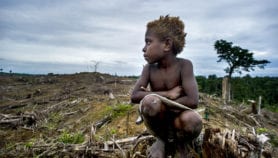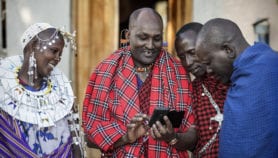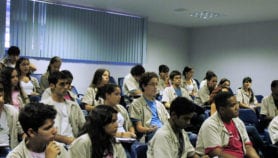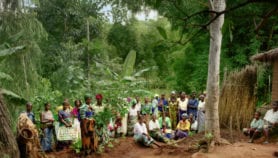By: Imogen Mathers
Send to a friend
The details you provide on this page will not be used to send unsolicited email, and will not be sold to a 3rd party. See privacy policy.
On 9 August the global community celebrates the International Day of the World's Indigenous People.
This year, the theme is 'building alliances and honouring treaties' —putting the spotlight on agreements between states, citizens and indigenous people, and the human rights these accords enshrine.
Back in April, SciDev.Net spoke to Douglas Nakashima, section chief of UNESCO-LINKS (Local and Indigenous Knowledge Systems), about the importance of making local and indigenous people's voices heard in debates and policies on biodiversity and ecosystems.
The LINKS programme brings together the sophisticated and often ancient natural world knowledge held by local and indigenous societies across the globe. Unlocking these unique ways of knowing — including environmental knowledge, philosophy, resource use practice, and ritual — is fundamental to driving development that is both sustainable and appropriate.
Our conversation with Nakashima took place in Paris, during a stakeholder workshop for the Intergovernmental Panel on Biodiversity and Ecosystem Services (IPBES), which was formed in April 2012 with a mandate to assess the state of the planet's biodiversity and ecosystems, and provide accessible scientific information to policymakers.
How to involve voices from the global South, particularly local and indigenous communities and traditional knowledge holders, became a hot topic for debate during the workshop.
Nakashima argues that IPBES should not "reinvent the wheel" but instead recognise and build upon the invaluable networks that have been created to engage traditional knowledge holders — from the unique whale migration insights of the Iñupiaq people in the northwest Arctic, to marine science understanding developed over centuries by communities in the Pacific Islands.
Click here to see the IPBES stakeholder engagement strategy


